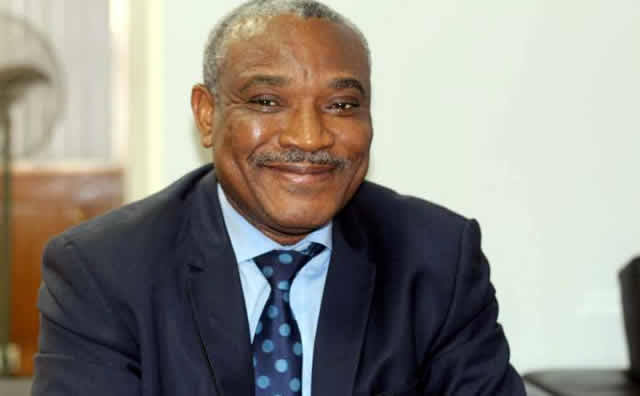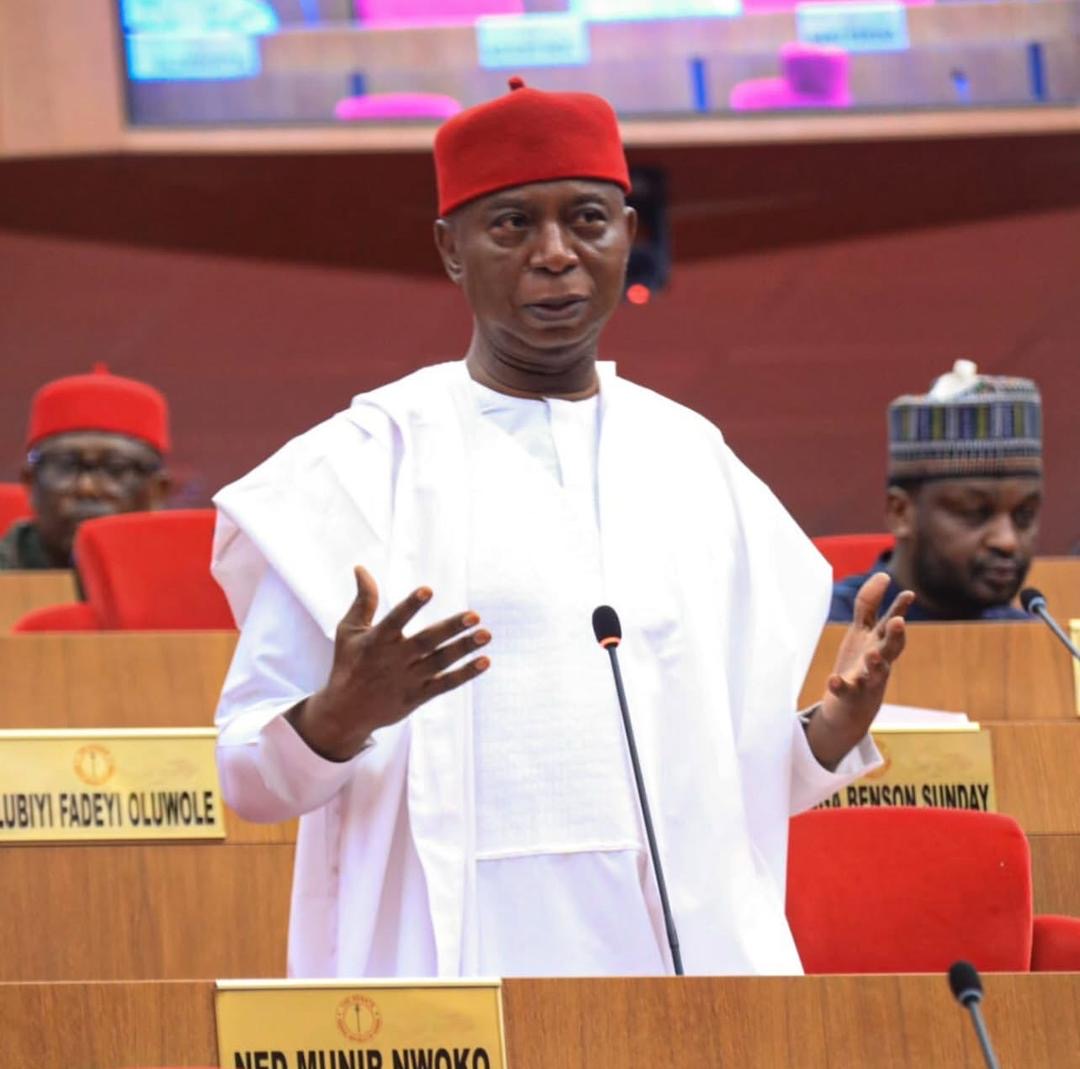Prominent lawyer and former presidential aide, Okoi Obono-Obla, has strongly criticized the recent appointments to the National Assembly Service Commission, alleging regional bias and favoritism toward Akwa Ibom State within the South-South geopolitical zone.
The appointments, announced by President Bola Ahmed Tinubu on February 19, 2025, named Dr. Savior Enyiekere from Akwa Ibom State as Chairman of the Commission. Controversy erupted when one of the two commissioners representing the South-South, Hon. Mary Ekpenyong, also turned out to be from Akwa Ibom.
In a strongly worded statement, Obono-Obla questioned the fairness of this decision, saying, “I was aghast when I glanced through the list of appointees. Why should Akwa Ibom State produce both the Chairman and one of the Commissioners for the South-South zone? This is deeply unfair and undermines the principle of equitable representation.”
Obono-Obla further suggested that the influence of the Senate President, who also hails from Akwa Ibom State, might have played a role in the appointments. He criticized senators from Cross River State for failing to leverage their political relationships to secure fair representation for their state.
The criticism also extended to the recent constitution of the Cross River Basin Development Authority (CRBDA) board, where, out of a 10-member board, only the Chairman and Executive Director of Finance were appointed from Cross River State. In contrast, Akwa Ibom State secured several key leadership roles:
•Mrs. Glory Ekpo Oho – Managing Director
•Ms. Ebiere Etuk Udoh – Executive Director, Agricultural Services
•Engr. Charles Usua Akpan – Executive Director, Engineering
•Dr. Ndom Abia – Executive Director, Planning and Design
Obono-Obla described this as “a clear case of marginalization” and accused Cross River senators of failing to translate their influence into meaningful political gains for their constituents. “Our senators must stop intimidating us with claims of their closeness to the Senate President if they cannot use that connection to benefit Cross River State,” he said.
The appointments have sparked growing frustration among political observers and stakeholders in the South-South, with calls for a more balanced distribution of federal positions. As the debate intensifies, Cross River’s political leaders face mounting pressure to push for fairer representation in future appointments.










